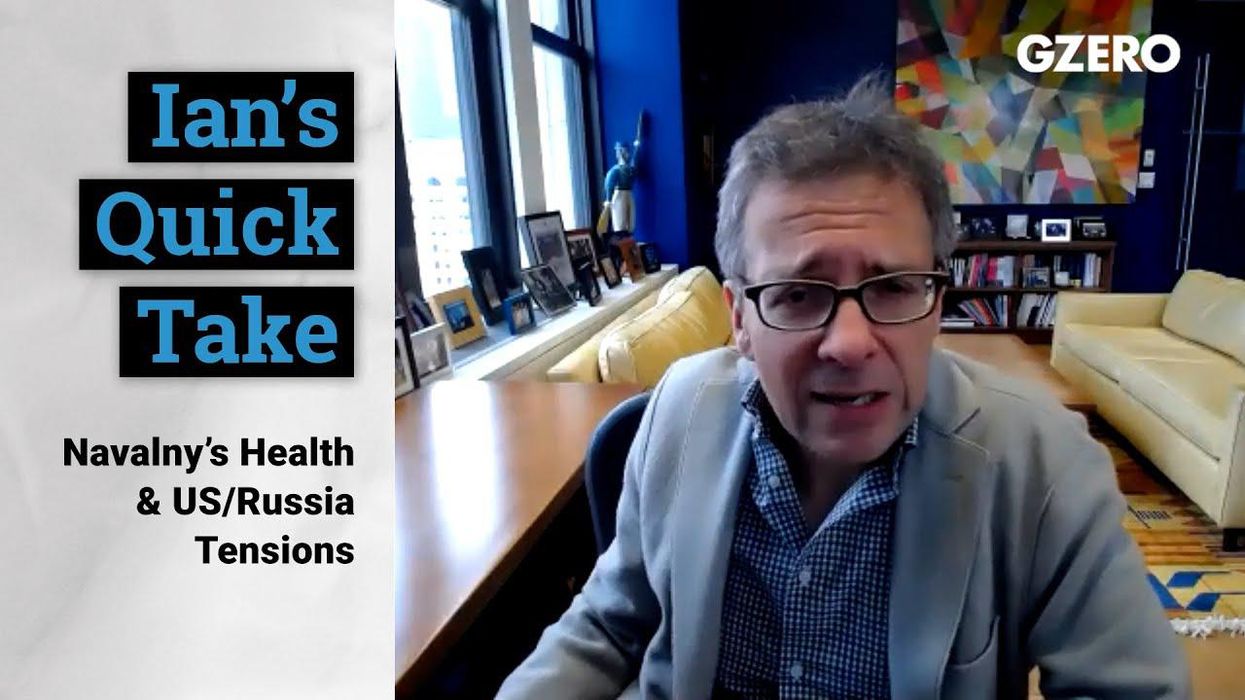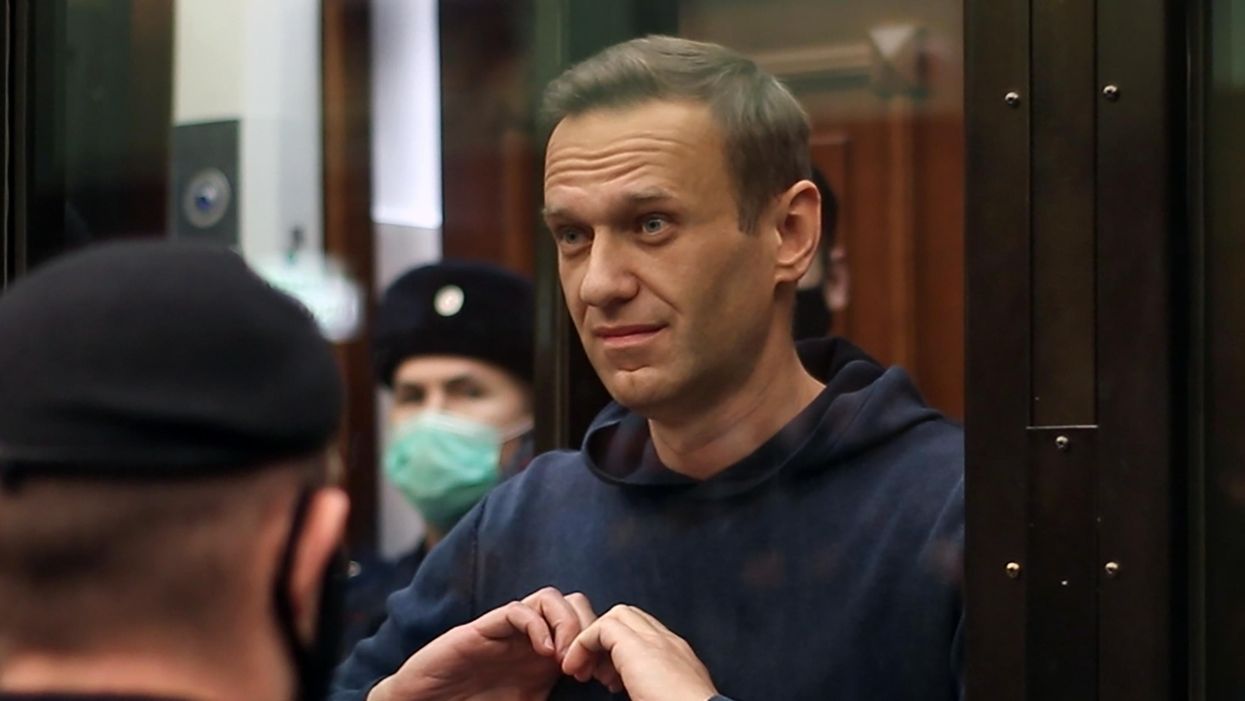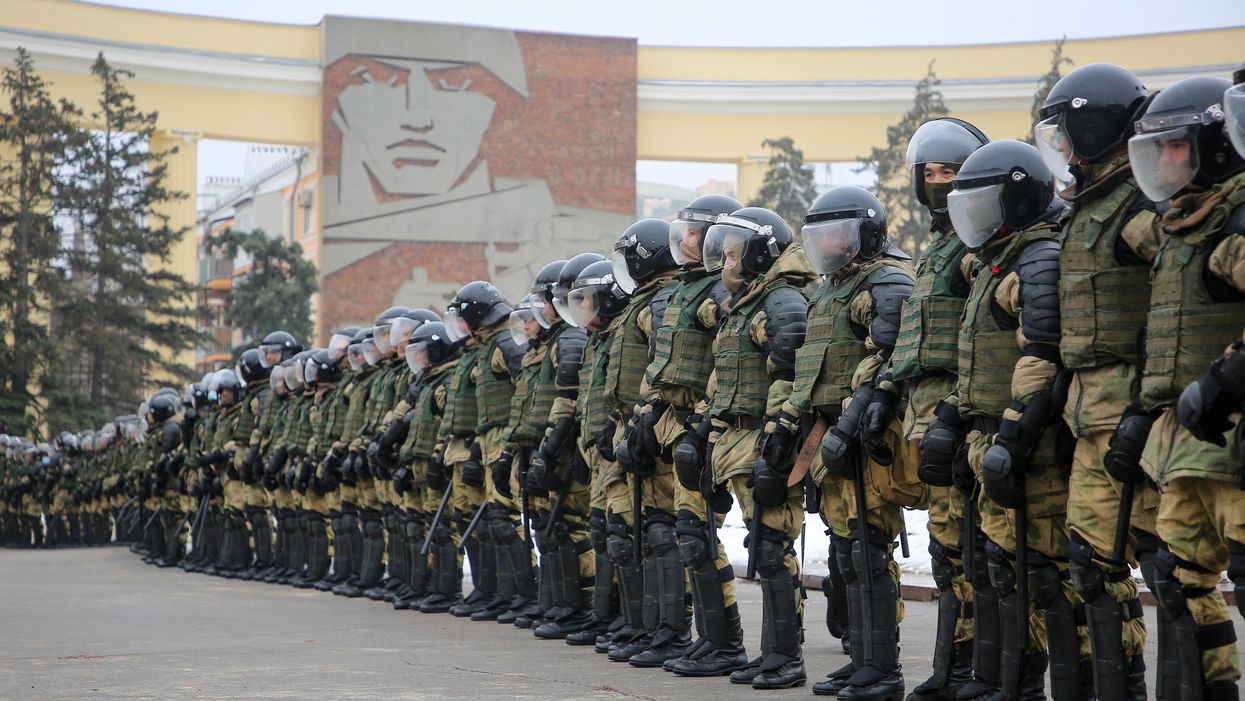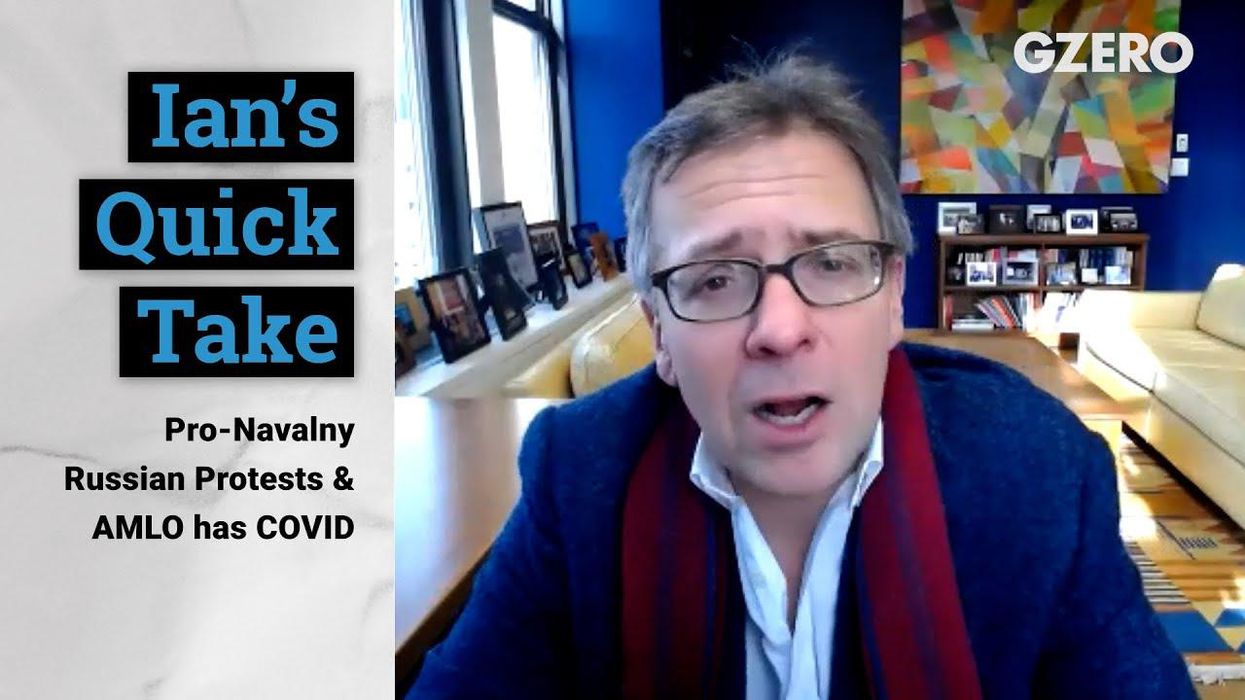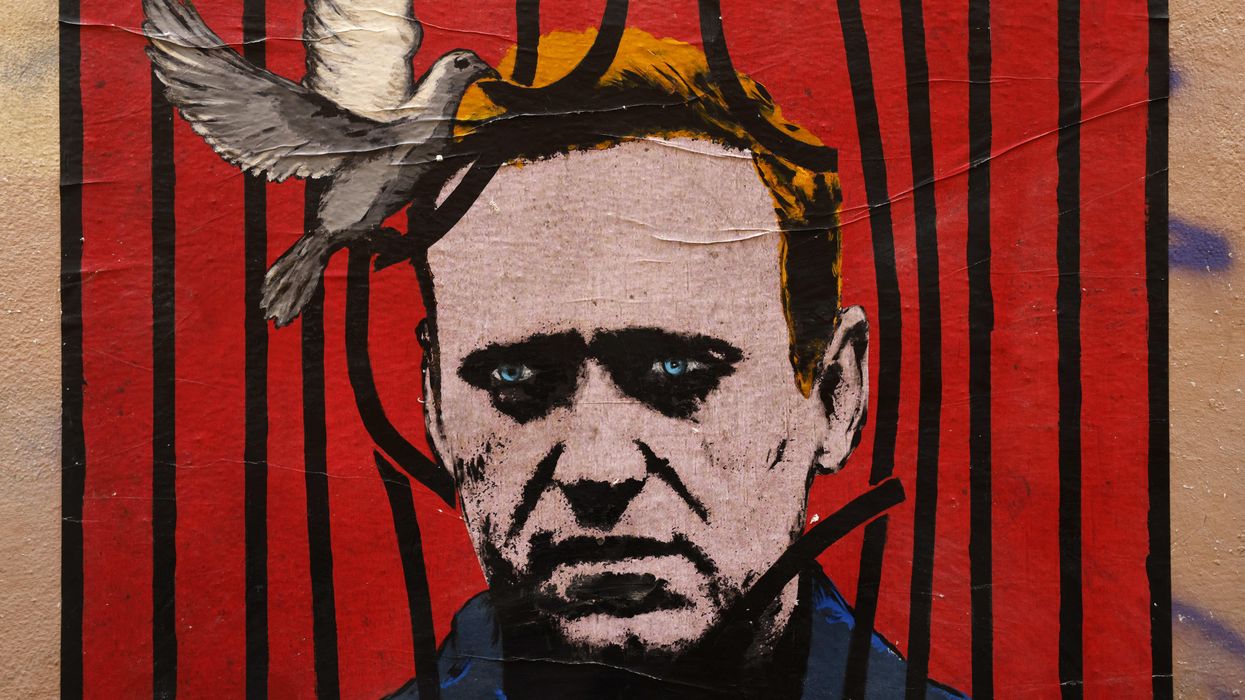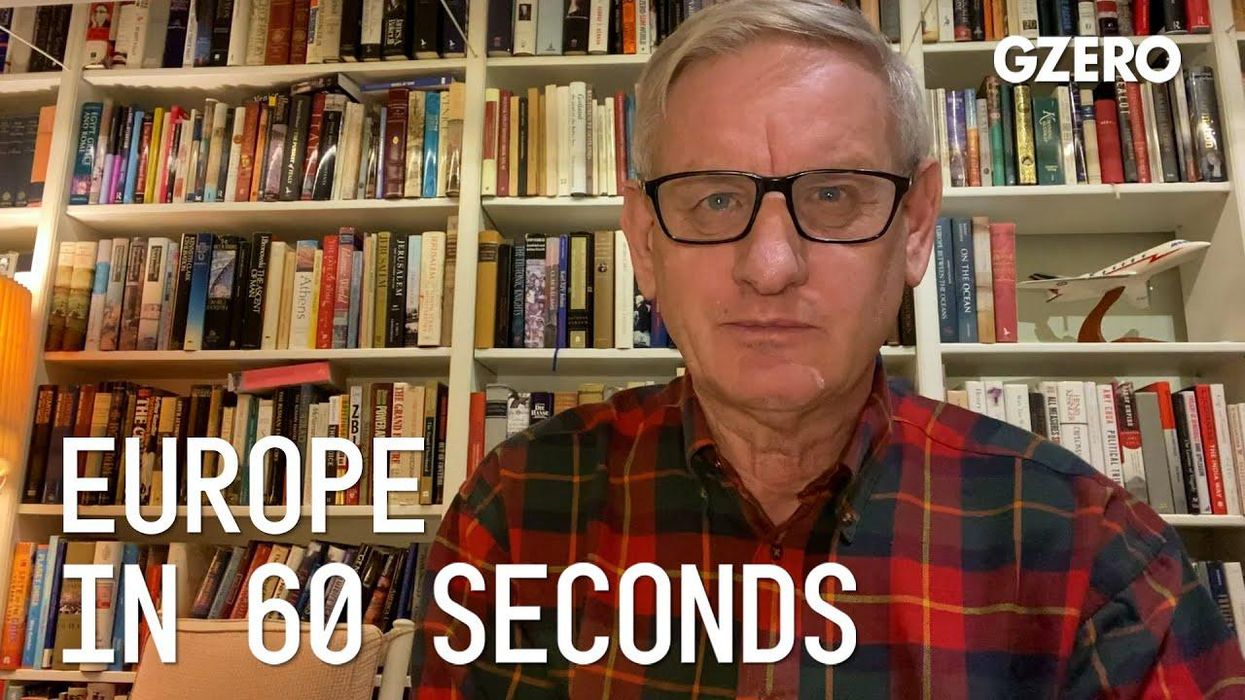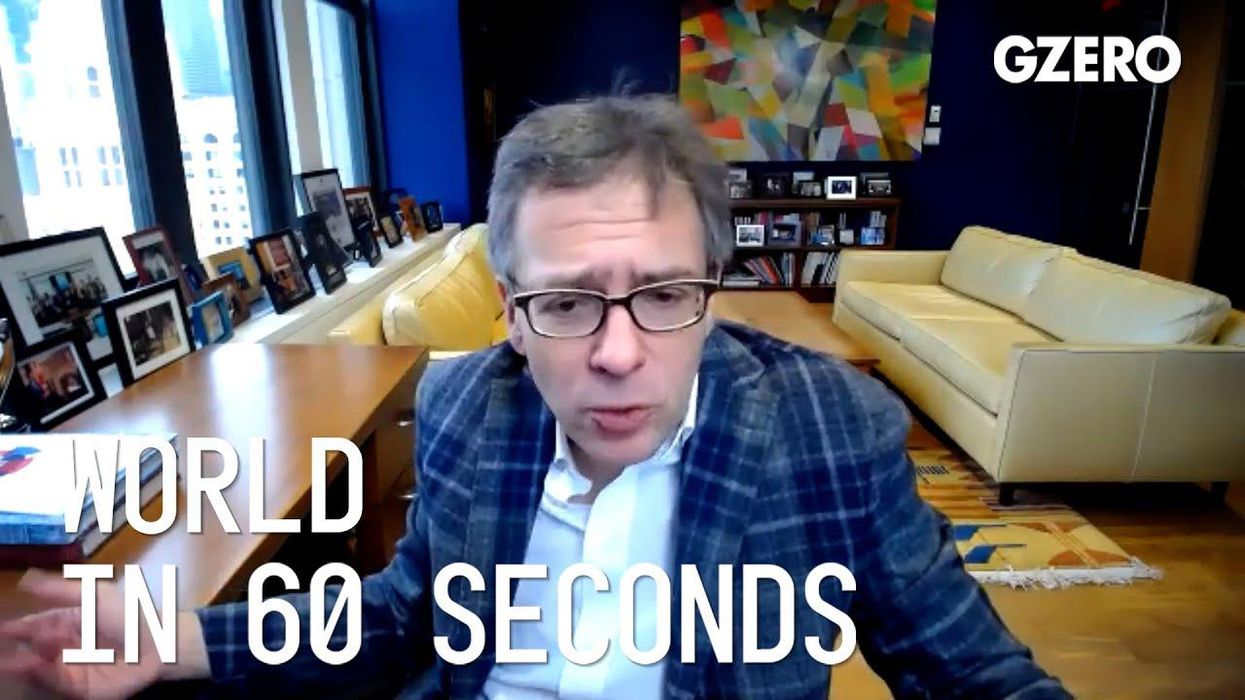Quick Take
Navalny's health and US-Russia tensions
Ian Bremmer's Quick Take: As much as it disturbs me, it even repulses me that Navalny is being treated the way he is...the Russians have done things that are far more brutal and consequential for human rights around the world, like the invasion in Georgia, like the cyberattacks against Ukraine, like the invasion into Ukraine, the annexation of Crimea, and much more impactfully and importantly, the little green men into Southeast Europe, where they continue to occupy territory, and where there has been a massive military buildup on the border just over the last couple of weeks. These are bigger deals.
Apr 19, 2021
